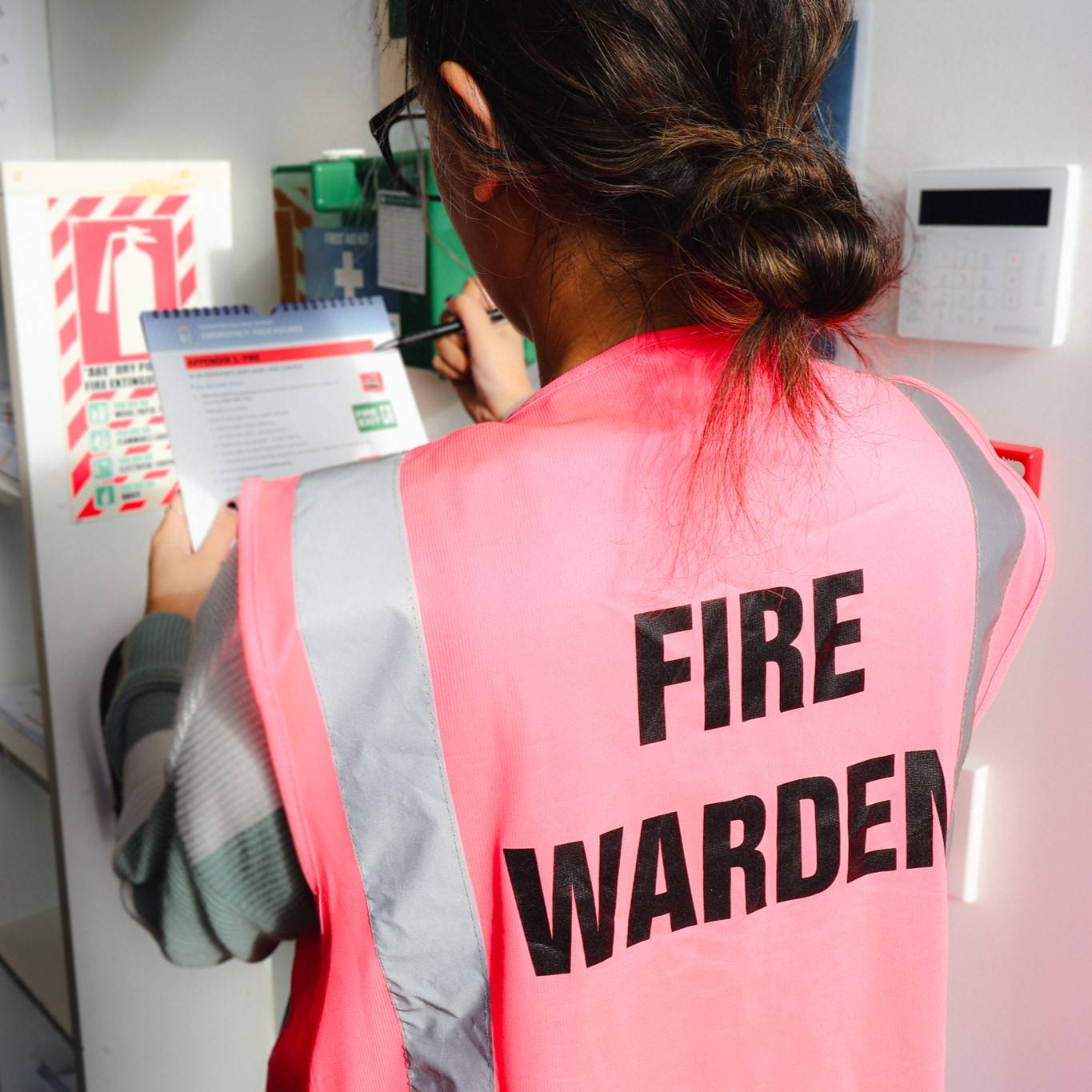Fire Safety in the Workplace: Renewals with Best Practices
Fire Safety in the Workplace: Renewals with Best Practices
Blog Article
Ensuring a safe workplace isn’t just a legal obligation—it’s a moral one, protecting employees, clients, and property.
This article explores how American companies can strengthen fire safety through proper fire warden (brigade) training.
By the end, you’ll have a practical roadmap for ensuring your office meets the highest fire safety standards and safeguards your most valuable assets: your people.
Why Every US Company Needs Fire Safety Protocols
Fires can happen anywhere, and offices are no exception.
Companies that prioritize fire prevention demonstrate responsibility, enhance employee trust, and maintain business continuity.
In the US, workplace fire safety is regulated by a mix of national standards (like NFPA guidelines) and local fire codes.
What Is Fire Warden Training in the US?
In the US, fire warden (sometimes called fire brigade) training equips designated employees with the knowledge and skills to lead evacuations, assist during emergencies, and communicate effectively with first responders.
Training requirements vary depending on local regulations, building size, and occupancy type.
Choosing a certified training provider is critical.
Keeping Fire Safety Documentation and Certifications Up to Date
In the US, many businesses must obtain fire safety certifications from local fire departments or regulatory bodies.
Check that all fire extinguishers are inspected and tagged, alarms are functioning, and exit routes are unobstructed.
Certification isn’t a one-time event—renewals are typically required every few years or after major renovations or occupancy changes.

Best Practices to Maintain Fire Safety Year-Round
This includes routine equipment checks, clear communication, and fostering a culture where all employees understand their role in fire prevention.
Ensure that emergency exits remain unlocked, clearly marked, and free of obstructions at all times.
Employee engagement matters too.
Why Compliance Matters for Liability and Coverage
Failing to meet fire safety standards can have severe legal and financial consequences for US businesses.
In the event of a fire, inadequate documentation or proven negligence may result in denied claims, leaving businesses to cover damages out of pocket.
Investing in compliance is not just about avoiding penalties—it’s about protecting your assets, your team, and your future.

Why Every US Business Needs Strong Fire Safety Practices
Whether you run a small office or a large corporate campus, robust fire safety strategies are a non-negotiable part of doing business.
Fire safety readiness is a powerful signal of professionalism and care.
With the right approach, your company can navigate challenges confidently and ensure a safer, more secure future for everyone.
Your Questions Answered: Fire Safety in US Businesses
Which employees should receive fire brigade training?
However, all employees should receive basic fire safety orientation and know evacuation procedures.
When do I need to update fire safety inspections?
Renewal periods vary by jurisdiction but are often required every 1–3 years.
What are common causes of office fires?
Good housekeeping and equipment maintenance are key to fire prevention.
How does fire safety affect insurance coverage?
Failing to meet these standards may reduce payout or lead to denied claims in case of a fire.
What should be included in an office fire safety plan?
A good fire safety plan includes evacuation routes, assembly points, alarm procedures, roles for fire wardens, communication protocols, and equipment locations.
saiba mais aqui Report this page